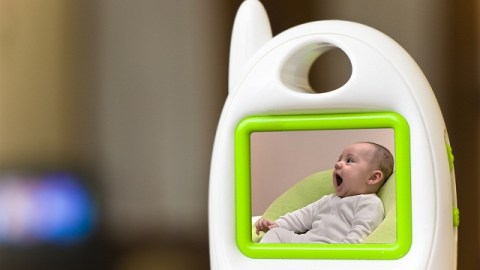4G Moving Into Baby Monitor Spectrum Territory

Article written by guest writer Kecia Lynn
What’s the Latest Development?
Customers in parts of northern Florida will soon get to test a new 4G broadband service that occupies the frequency spectrum typically reserved for short-range devices like baby monitors and garage door openers. The project “appears to be the first commercial use of cognitive radio, which senses available frequencies and switches between them on the fly.” If, for example, the customer is using their smartphone while someone else is opening their garage, the technology will detect the interference and switch channels within 20 milliseconds. Currently, the customer has to carry around a little converter box, but eventually the technology could be made small enough to install in smartphones.
What’s the Big Idea?
With the explosion of smartphones and the corresponding increase in data flow, both public and private sectors recognize the need to come up with alternatives in order to get around a projected frequency spectrum shortage. Up until now, cognitive radio technology has only been used by the military. From a different perspective, the Florida project represents one of many creative attempts to get full mobile data coverage to rural areas of America that are underserved by larger companies like AT&T and Verizon.
Photo Credit: Shutterstock.com




